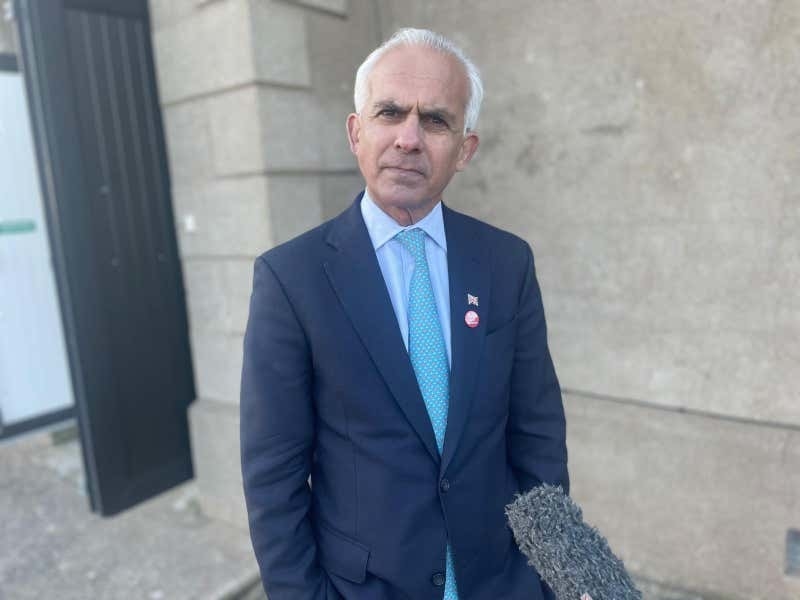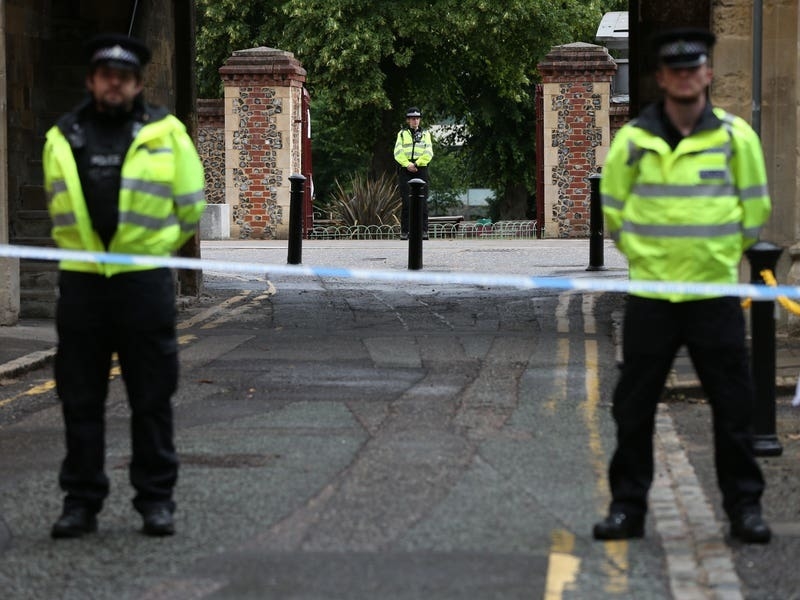We are, for example, in a situation where the cost of a modest semi-detached home has risen to the better part of half a million pounds whereas average house prices on the other side of the Channel have fallen by as much as ten per cent over the past 12 months.
Yesterday the contrast between the UK and the Island was emphasised further by the latest average earnings figures issued by the States Statistics Unit. These show that average pay here is now £31,200. The comparable figure for UK workers is under £25,000.
That, on average, we earn more should be a reason for celebration, but, as the majority of Islanders are all too aware, it is not as simple as that.
Firstly, many of those in industries which offer the lowest rewards – such as hospitality and agriculture – will have viewed the latest data with amazement and envy. They understand that the benefits of living in this prosperous community are by no means uniformly distributed.
Secondly, in spite of our relatively low rates of taxation, living in Jersey cannot be described as cheap. The high costs of accommodation and, increasingly, so many of life’s other essentials mean that the £31,200 average is no passport to luxurious existence.
There is, however, some genuine, if limited, comfort to be drawn from the latest pay figures. When the price of basics such as food and fuel are rising, there is always the danger that remuneration will set off in hot pursuit and begin to drive a dangerous inflationary spiral. That the gap between the cost of living and pay rises has narrowed marginally is to be welcomed.
It is, of course, clear that wage increases cannot be allowed to lag seriously behind the cost of living because of the impact of such a trend on living standards. That said, low wage inflation as well as low price inflation must continue to be priority goals of Island government.






